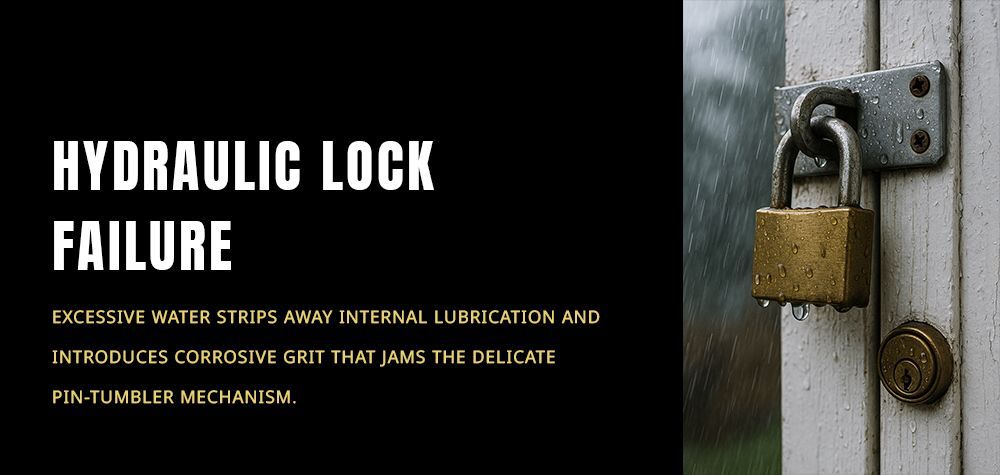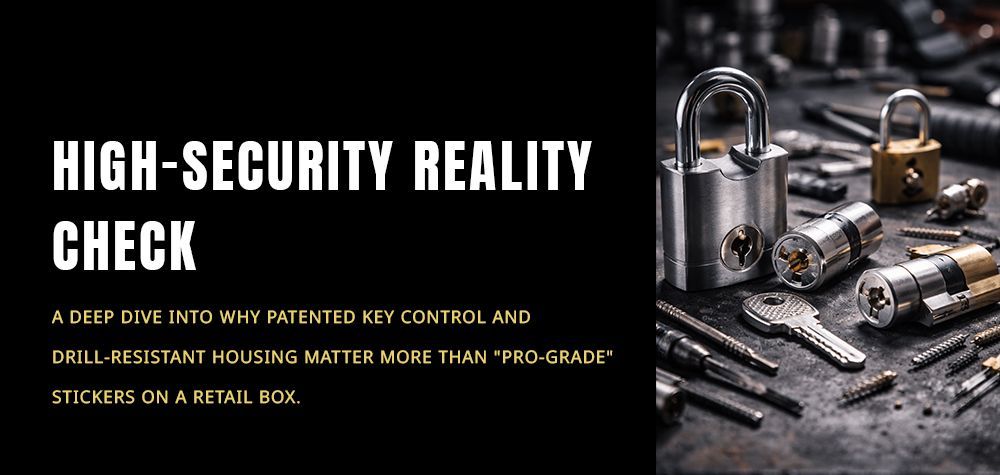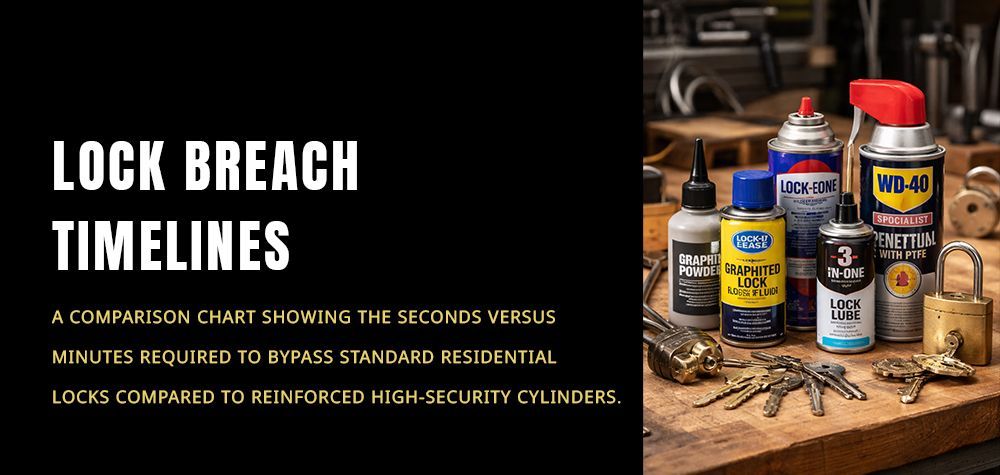Are Digital Locks Safer Than Traditional Deadbolts in 2025?
In 2025, home security has evolved far beyond simple locks and keys. With the rise of smart homes and increasing concerns about modern security threats, homeowners are now faced with an important question: Should you trust digital locks or stick with traditional deadbolts?
Both options have their strengths and weaknesses, and choosing the right one depends on your priorities—convenience, security, or a balance of both. Let’s dive into a detailed comparison to help you make an informed decision.
Types of Deadbolts and How to Choose the Right One for You
Security Technology in 2025: A Changing Landscape
Home security has transformed significantly in recent years. Smart technologies now dominate the market, offering features like remote monitoring and biometric authentication. At the same time, however, cybercrime is on the rise, making homeowners wary of digital vulnerabilities.
Meanwhile, physical break-ins remain a concern, which keeps traditional deadbolts relevant. The choice between the two is no longer simple—it’s about understanding how each protects your home against today’s evolving risks.
Digital Locks: Advanced Features vs. Digital Vulnerabilities
Digital locks have surged in popularity because of their convenience and smart features. You can unlock your door with a fingerprint, PIN code, or smartphone app, and even control access remotely. Many models also integrate seamlessly with home security cameras and alarms, giving you real-time monitoring and instant alerts.
However, digital locks are not foolproof. Being internet-connected devices, they’re susceptible to hacking, software glitches, and power or network failures. If your Wi-Fi goes down or the battery dies, you might find yourself locked out—or worse, your system could be exploited remotely.
Traditional Deadbolts: Physical Strength vs. Limited Flexibility
Traditional deadbolts have stood the test of time because of their reliable physical security. A solid deadbolt made of quality materials can resist forceful entry attempts, making it a trusted choice for decades.
But deadbolts also come with limitations. Unlike digital locks, they don’t offer remote access, activity logs, or integration with smart security systems. While they protect well against physical attacks, they can’t compete with the layered security offered by modern smart devices.
Integration and Remote Monitoring: Where Digital Locks Win
One area where digital locks clearly shine is smart integration. In 2025, many homeowners prefer systems that connect their locks with security cameras, alarms, and motion sensors.
Imagine receiving a real-time alert on your phone when someone approaches your door—or unlocking it remotely for a guest while monitoring the entire entryway via live video. These features give digital locks a level of control and convenience that traditional deadbolts simply can’t match.
Reliability During Power or Network Failures
When it comes to reliability, deadbolts still have an edge. They don’t rely on batteries, Wi-Fi, or apps, which means they keep working no matter what happens.
Digital locks, on the other hand, depend heavily on power sources. Low battery warnings can be ignored, and network outages can lock you out unexpectedly. While many digital models include backup keys, it’s still a potential weak point that deadbolts avoid altogether.
Cost vs. Value: Upfront vs. Long-Term Investment
Digital locks tend to be more expensive upfront, especially high-end models with biometric sensors and smart integrations. However, they often provide long-term value through enhanced security features, convenience, and even higher property resale appeal.
Deadbolts are cheaper and durable, but they don’t offer the same technological benefits. Over time, homeowners may find themselves upgrading to hybrid systems anyway, making the initial savings less significant.
Which Is Safer in 2025? A Balanced Perspective
So, are digital locks safer than traditional deadbolts in 2025? The answer isn’t black and white. Digital locks excel in convenience, smart integration, and remote control, but they come with vulnerabilities tied to power and network dependence. Deadbolts remain highly reliable against physical threats but lack modern features.
For maximum security, experts recommend a hybrid approach—using a high-quality deadbolt alongside a smart digital lock. This combination provides layered protection, guarding against both physical break-ins and digital threats.
Final Thoughts
In today’s world, security isn’t just about strength—it’s about adaptability. Digital locks are shaping the future of home security, but traditional deadbolts still play an important role. The safest approach is understanding the risks and combining technologies to create a comprehensive security system that fits your lifestyle.
Call Us Any Time!








